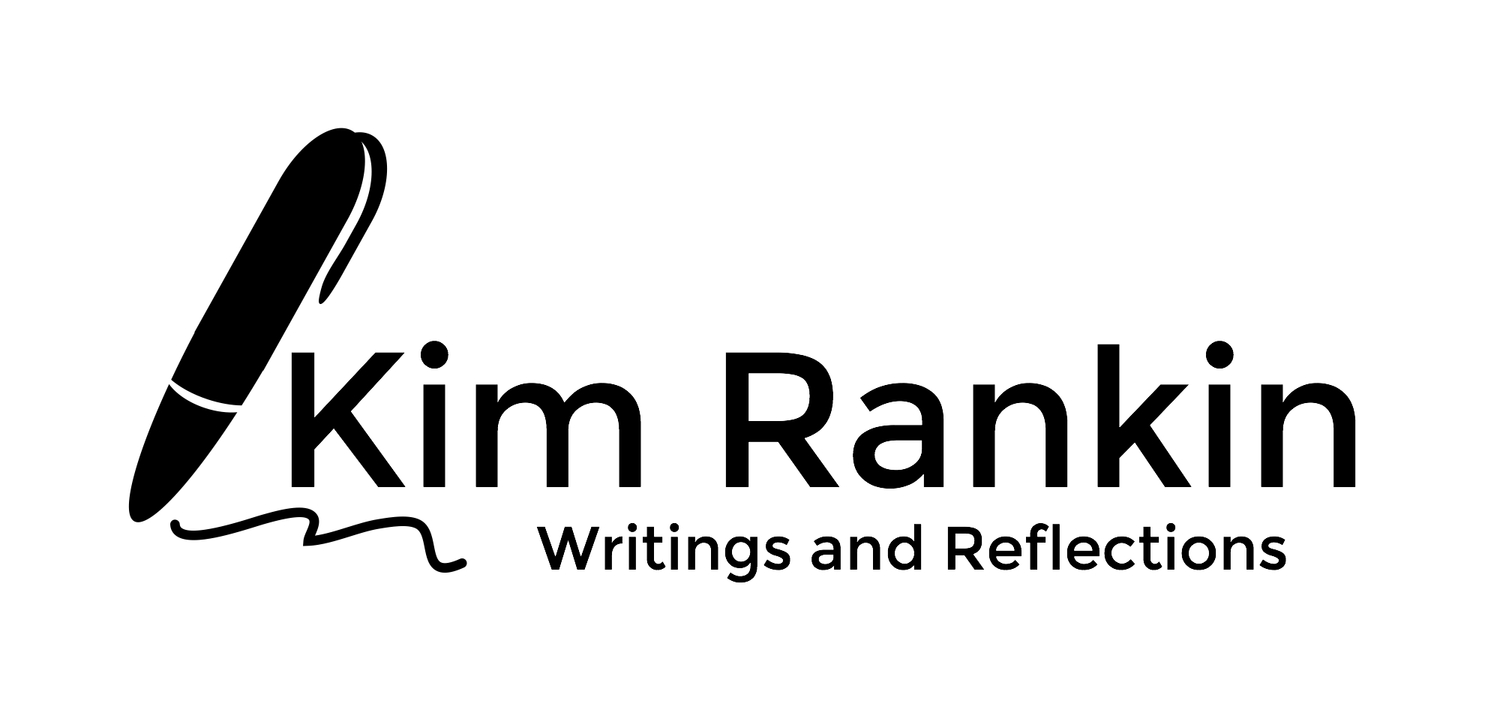Augmented Alternative Communication and Bible Verse Memory
For the last three months, Nathaniel has benefited from a very brief time of rote drill or recitation with me every morning. Using his talker, we count to ten, say the ABC's, and practice questions and appropriate responses. For example, I will ask, "What is your name?" to which he selects the one button on his device to respond, "My name is Nathaniel." Drawing on this skill yesterday when we were at a Labor Day picnic, he introduced himself to new friends. Within the last month he has shared his name with strangers at a playground. I do not believe these small social steps would be taking place if we were not working daily to recite.
Just as young children frequently memorize nursery rhythms and songs through repetition, the preschool years are often the time when children raised in Christian homes begin to learn their first Bible verses. Spiritual growth is as important to us as Nathaniel's emotional, physical, cognitive, and social growth. For generations of Rankins, the tool to encourage spiritual growth has been memorizing Bible verses. As a child and young adult, my husband memorized Bible verses weekly using Bible Memory Association, now called Scripture Memory Fellowship. Our children memorized Bible verses weekly through participating in the AWANA program. When they were small, we memorized the Sermon on the Mount as a family. We used motions, not American Sign Language, but our own creative fine and gross motor movements to help with the memorizing. The children were three years old to eleven years old when we recited the chapters of Matthew as a family standing in front of our church congregation. I have sweet memories not only of their incredible ability to learn and share long passages of scripture, but of working together daily after breakfast on the verses. The discipline of daily scripture memorization was formative to the children's minds; the words they memorized had value to their souls.
If you Google search "AAC and Bible Memory," Google drops the word Bible and offers all sorts of scholarly articles on "AAC and memory." Most articles then encourage using a program or app that allows for motor planning. Speak for Yourself (SFY), the app that Nathaniel uses, is built solidly on this principle. SFY is also intended to be used as a word rather than a phrase based system. We offer Nathaniel some phrases like "My name is Nathaniel," to give him the ability to respond quickly to new communication partners. But one of the things that I loved when I first found SFY was that Nathaniel would first learn words and then be allowed to transition through the typical phases of language acquisition by putting words together into phrases and then compete thoughts.
As I considered how to teach Nathaniel to memorize scripture, I first asked, "How do I want him to 'say' the verse - as a phrase activated with one button or by constructing the verse using individual words?" I have decided on the later. The most obvious reason is that there simply isn't enough space on his talker to record every verse in the Bible as its own phrase. Further, how do I know which verses will be important to him to say? But more importantly, I want every language experience Nathaniel has to be building toward his broader communication and cognitive goals. If working on memorizing Bible verses encourages his expressive language goal of putting two and three words together or using pronouns, hallelujah!
We are starting with Genesis 1:1 and Psalm 23. I have chosen words that Nathaniel already knows and key words to the meaning of the verse as ones that we will say with the talker. I printed the word symbols for these words and created a rebus for each verse.
This morning we began working on our scripture verses during our morning recitation time. I moved my finger along the rebus, modeling the symbol words on talker as I read the verse aloud. In time, I will encourage Nathaniel to find the symbol words at the right time. For now, my goal is that in response to asking Nathaniel to recite a specific verse, for example Genesis 1:1, he will learn to say, "God create heaven earth." I will slowly add more words of the verse as talker words as Nathaniel's ability to construction language grows. Additionally, since he needs to add the morpheme ending 'ed' to CREATE by using a second button, I will not expect the proper verb tense in memory work until he has mastered that skill in his general language use. Yes, this means we will review, modify, and add to his verses regularly. That is not uncommon in scripture memory plans. I no longer have the Sermon on the Mount memorized because I quit reviewing and adding to my knowledge.
I get a lump in my throat envisioning how these seemingly insignificant morning moments will add up. I can mentally picture a much older Nathaniel standing before his church, just as his older siblings once did, reciting a call to worship or leading the Lord's Prayer with his talker. I believe God will help Nathaniel learn His Word. Not because of any amazing learning tactic, or rebus, or symbol system, or app, or my diligence. But rather because God is in the business of doing utterly astonishing things that cause people to declare of Him, "He has done all things well. He makes the deaf to hear and the mute speak." (Mark 7:37)
Other resources I find helpful for Nathaniel's spiritual growth include Prayers for Children, The Jesus Storybook Bible, and A Child's Garden of Bible Stories.






